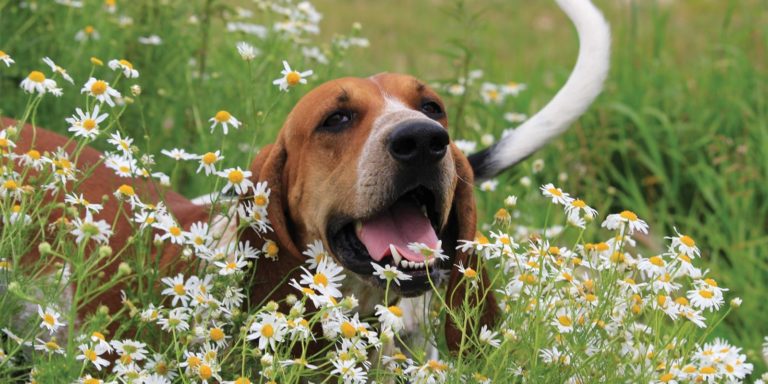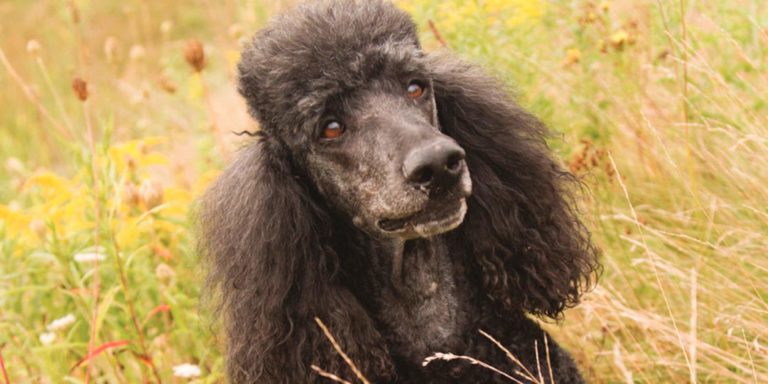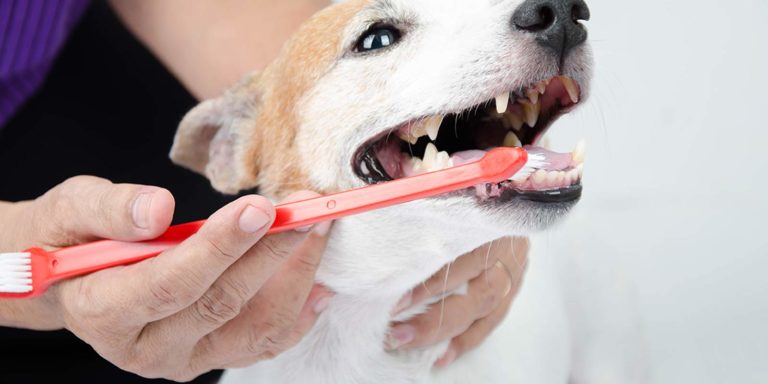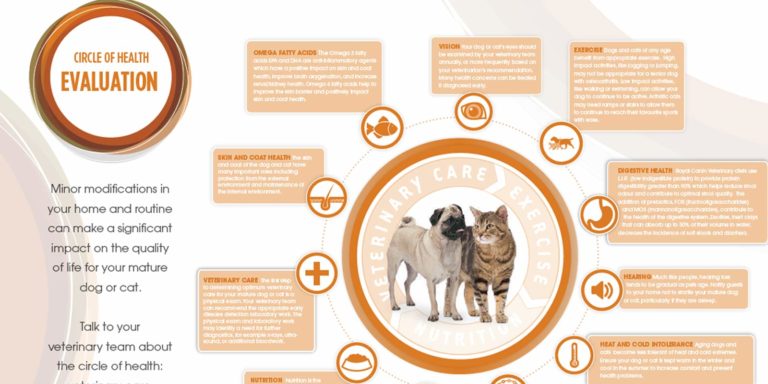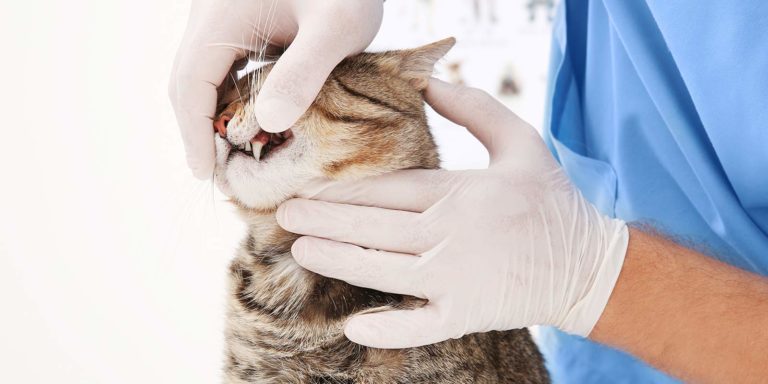Posts Tagged ‘Tips’
Lets Talk Ticks!
Click on the flyer for more information regarding ticks in our area.
Please consult with your veterinarian about the best product to use for your pet.
Preventing tick bites is the best form of protection against tick borne diseases.
Mature Pets

Aging pets can require special care. This Pet Health newsletter provides information on caring for your mature pets.
Preventing Dental Disease in Your Pet
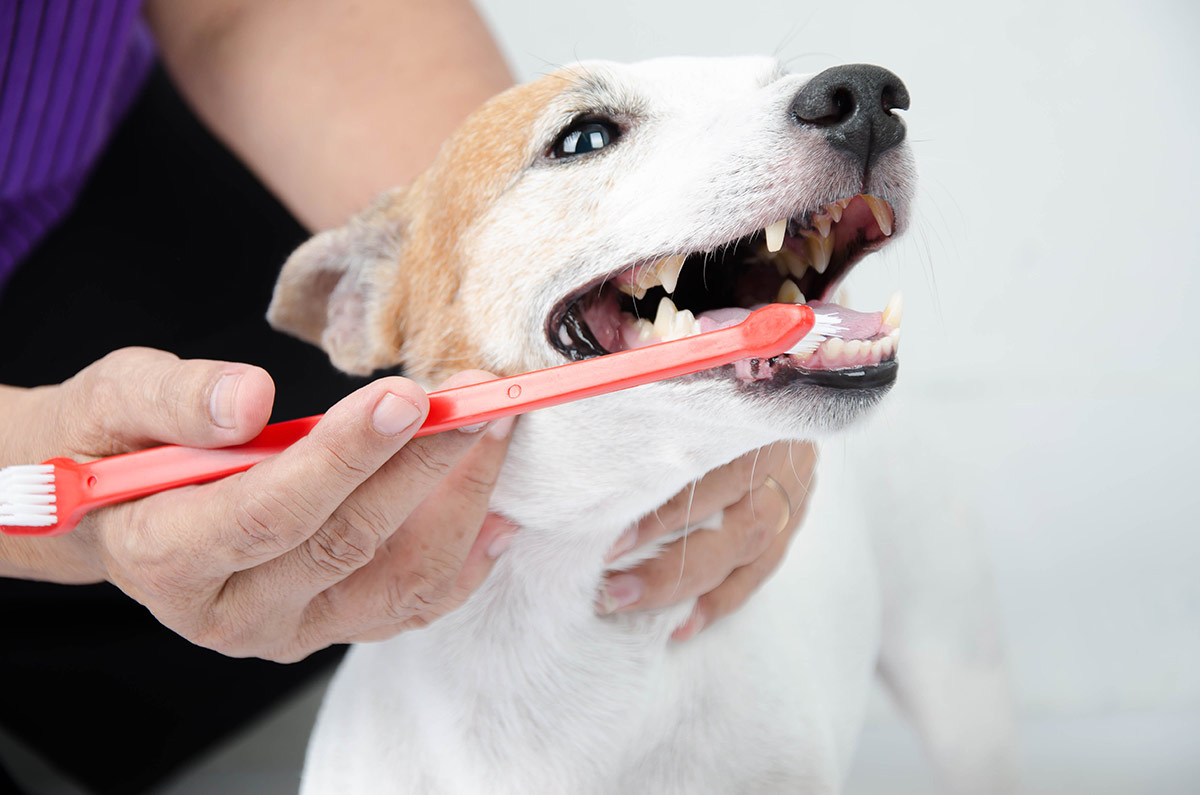
They always say it’s better and easier to prevent rather than treat disease. Practicing preventative methods is always best and easiest to incorporate when your pet is at a young age. These preventative methods include daily brushing of teeth, feeding specially formulated dental diets such as Royal Canin Dental Diet or Hill’s T/D, and feeding them specially designed treats such as Medi-Chews. Brushing your pets teeth is the most effective method of removing plaque. Feeding a dental diet will only remove some of the plaque and does not do as good of a job as brushing.
Once dental disease has progressed you can no longer prevent you have to treat. This usually requires extractions to remove diseased teeth to prevent further damage to other teeth and bone in the mouth. Also a dental cleaning and scaling is required to remove any built up tartar, because once it builds up it cannot be removed via brushing or feeding dental diets.
If you think your pet may have dental disease or you want advice, or have questions about your pets dental health just ask one of your veterinary professionals.
Circle of Health

Our friends at Royal Canin have provided this useful chart to show what to look for to keep your pet healthy.
Oral Health
Do your pets teeth look like this?
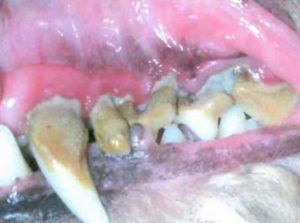
But you want them to look like this?
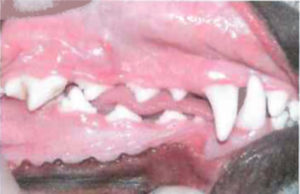
Book your pet in today for a dental cleaning and check-up. Often our pets oral health is neglected, which can cause severe gingivitis resulting in tooth loss, gum recession or even other health issues. Gingivitis if caught early can be reversible, however it is often left too long without treatment and causes permanent damage. It can also be unpleasant for us as owners because tartar build-up can cause foul smelling breath.
You can practice dental care at home by brushing your pets teeth, with either a finger toothbrush or soft bristled toothbrush and make sure you use pet toothpaste as human toothpaste has fluoride which is toxic to animals. Also feeding a specially formulated diet is a good way to prevent tartar.


